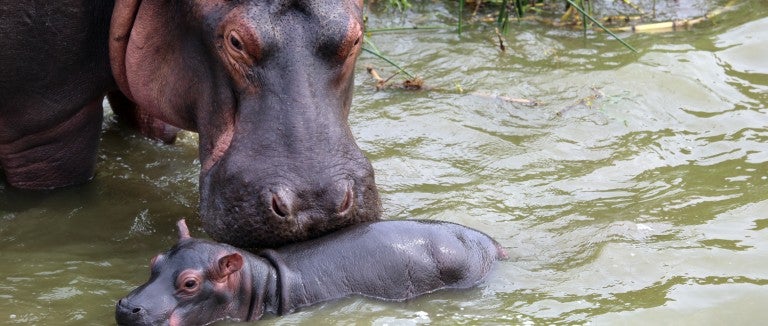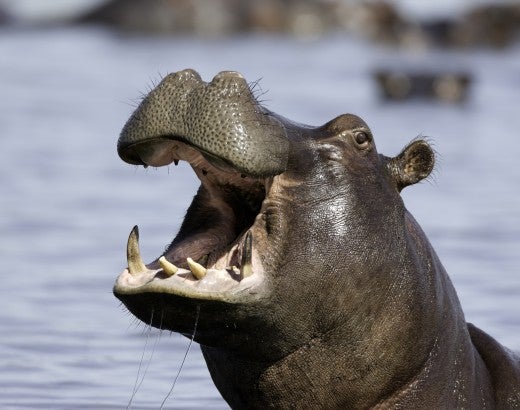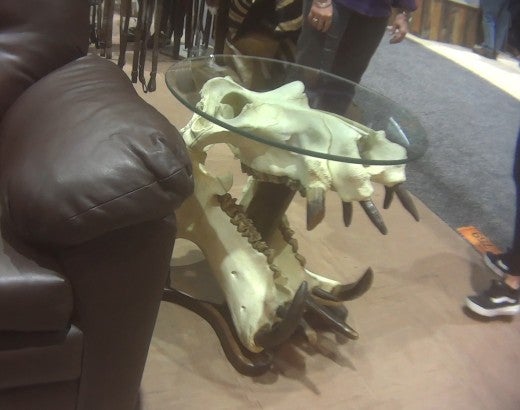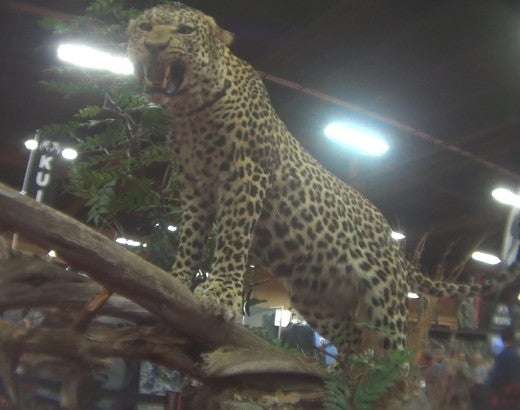A couple of weeks ago, I told you about our work at the Conference of the Parties to the Convention on International Trade in Endangered Species of Wild Fauna and Flora—known as CITES. This conference is so important because it shapes how wild animals in trade are treated across the globe and can curb commercial interests that can lead to the decimation of majestic creatures, such as big cats, elephants and hundreds of other threatened species.
Now that the conference, which took place in Panama, has wrapped up, I wanted to give you an update from our delegation who attended the conference and used the opportunity to persuade decision-makers to act on behalf of the animals whose lives can be protected through international laws.
Here are some of the wins that resulted after 184 member countries considered more than 40 proposals:
- Sharks, guitarfish rays, stingrays, glass frogs, lizards, turtles and birds are among 345 wild animal species who will now have new or increased protection from international trade.
- Ninety-five species of sharks and guitarfishes, whose populations have plummeted due to unsustainable fishing for trade in fins and meat, received new protections. Now these animals can only be sold into the trade if it is not detrimental to the survival of the species in the wild. This will help these populations recover from over-exploitation.
- All 158 species of glass frogs, who are exploited for the pet trade, received new protection, which will help keep these threatened frogs safe in their natural habitat.
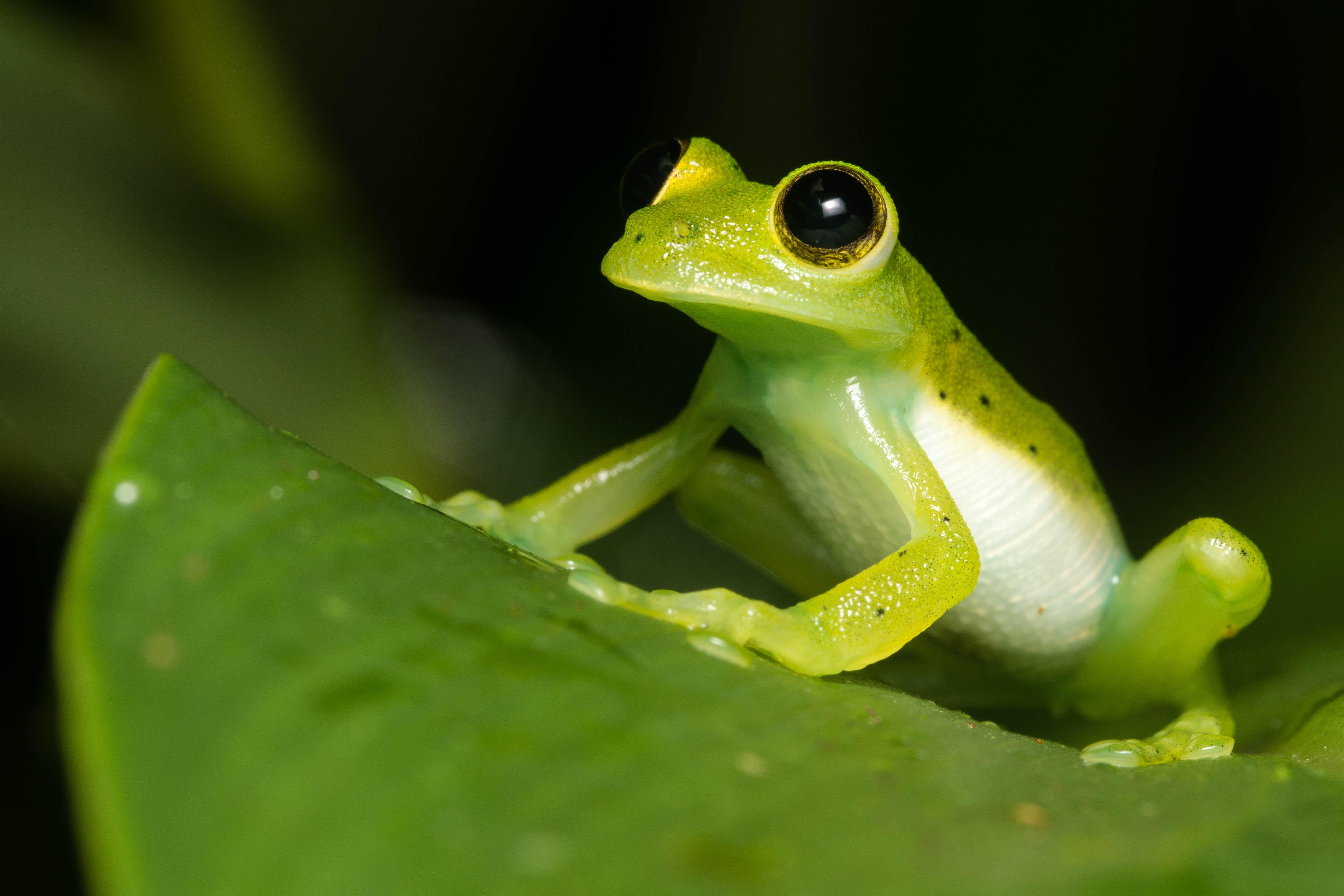
- In a blow to trophy hunting interests, the number of leopard hunting trophies and skins for personal use that can be exported from a list of African countries was decreased by 610, saving potentially hundreds of leopards per year. While this step is encouraging, we won’t rest until all animals are safe from trophy hunters across the globe.
- The participating countries also did good by rhinos and elephants by refusing to adopt dangerous proposals that would have opened international trade in horns of southern white rhino and African elephant ivory.
But not all the news was good: A golden opportunity to increase protections for hippos was tragically missed when the European Union cast its 27 votes against a proposal that would have ended the legal international commercial trade in hippo parts.
Hippos are often killed for their ivory teeth, and even though nations where hippos live hoped to curb these bloodbaths by prohibiting trade in hippo parts, the proposal was defeated. This leaves the dangerous, cruel trade used by wildlife traffickers tragically open.
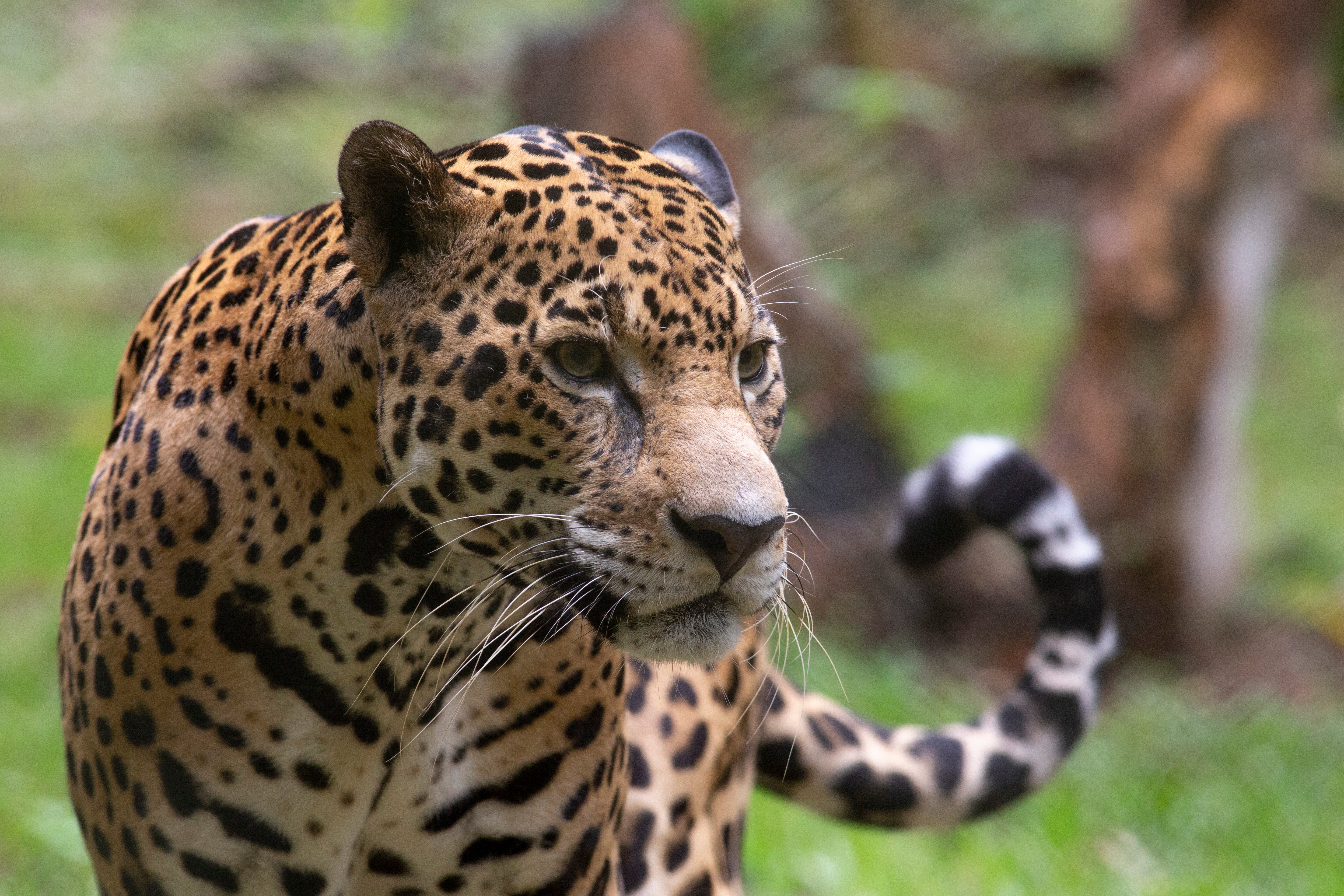
Advocating for protections for wild animals can feel like an arduous process, especially when we know the irreplaceable lives of individuals are at stake, but much progress has been made, and we will never back down until threatened wild animals, like hippos, get the protections they deserve.
Follow Kitty Block on Twitter @HSUSKittyBlock.
